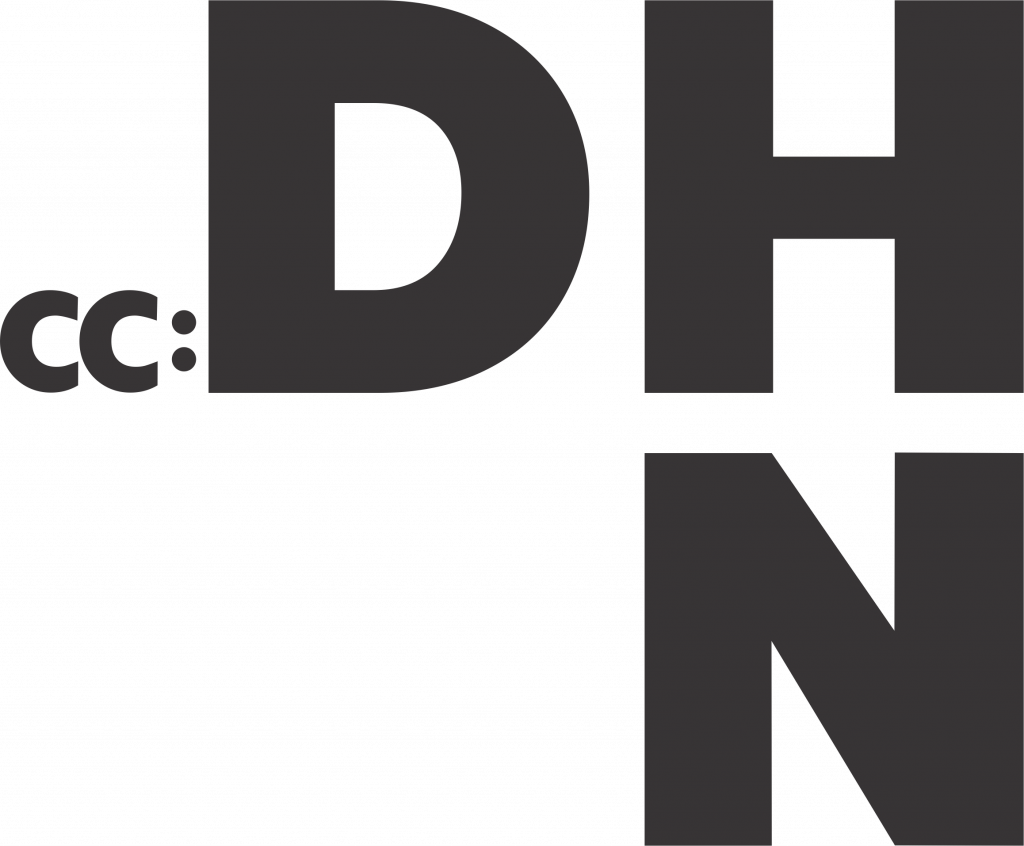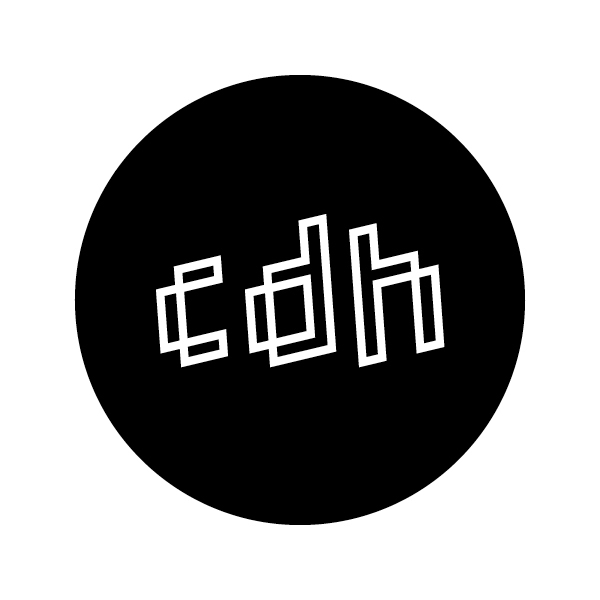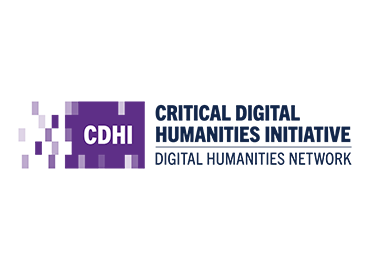The Humanities and Scholarship in a Digital World (Part 2)
Toronto Metropolitan University 350 Victoria Street, Toronto, Ontario, CanadaTwo parts: January 19 (10 am – Noon) and February 2 (10 am – Noon) This two-part workshop will bring together people working in the postsecondary sector (faculty, librarians, students, administrators) to discuss and reflect on knowledge making in the humanities (and in academia more broadly) within a society enmeshed with networked digital technology. Workshop […]


![libraries_yu_PRIMARY_hor_CMYK[67]](https://ccdhhn.ca/wp-content/uploads/2024/02/libraries_yu_PRIMARY_hor_CMYK67.png)


